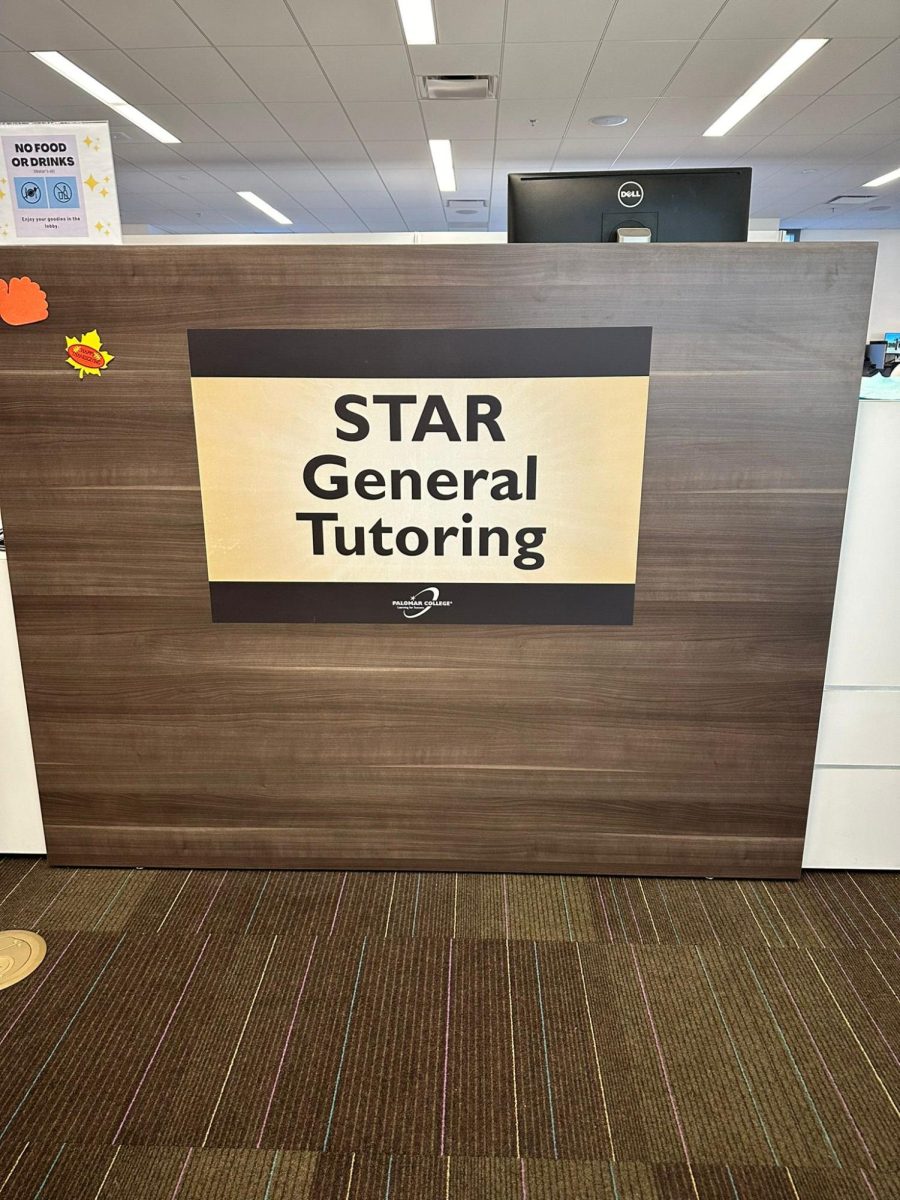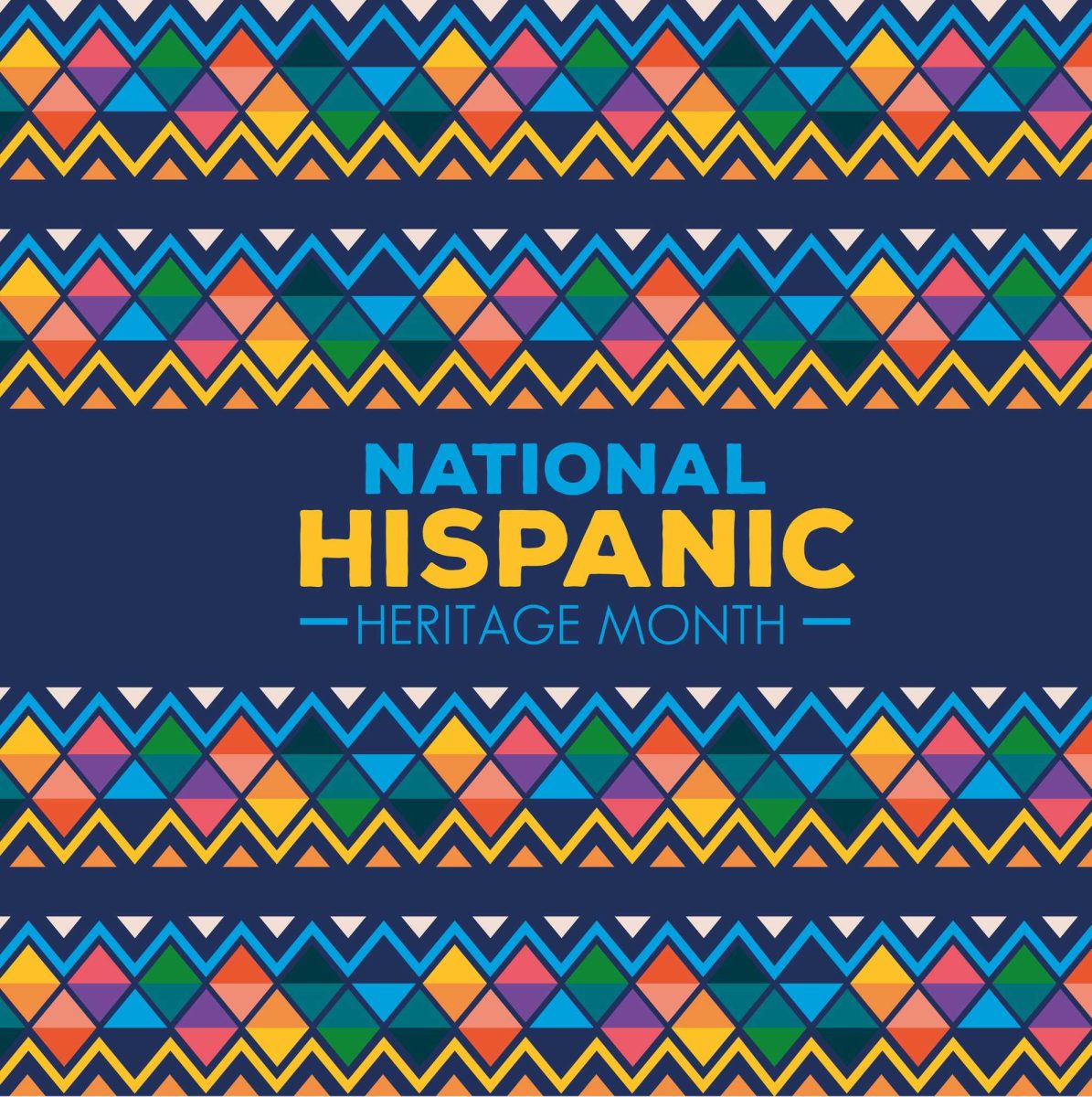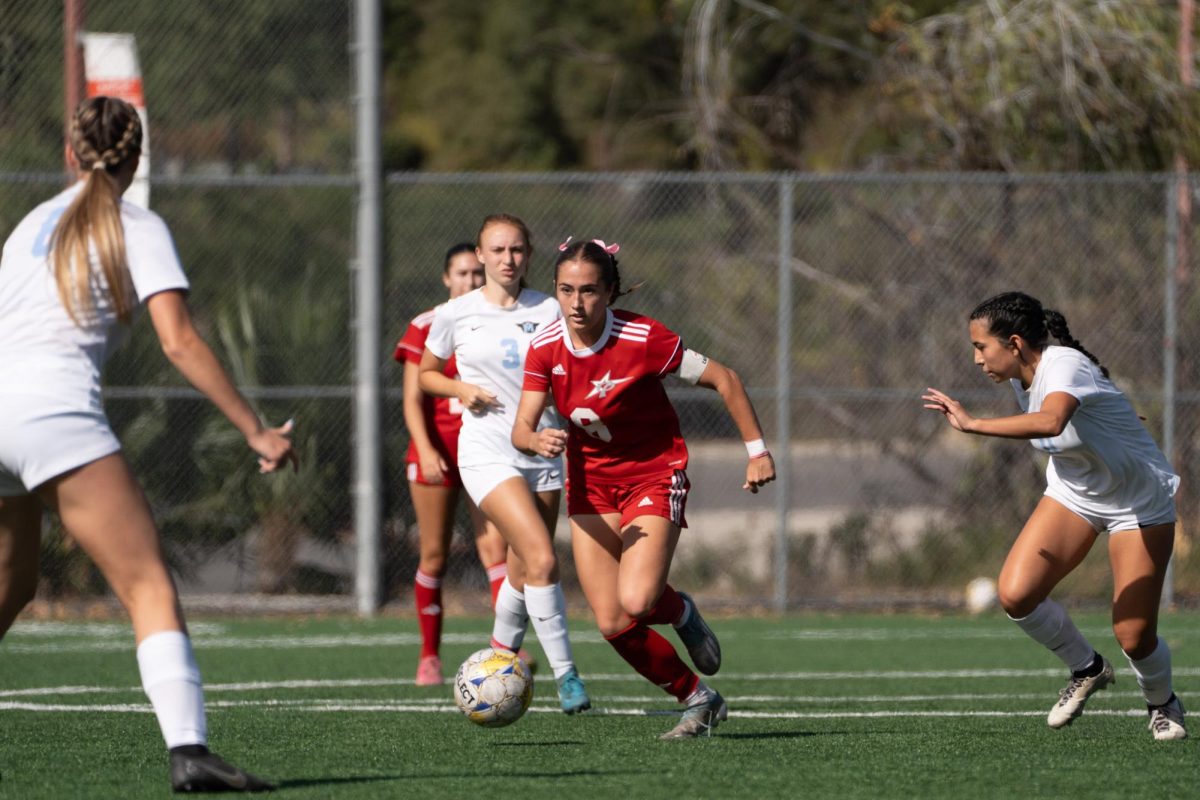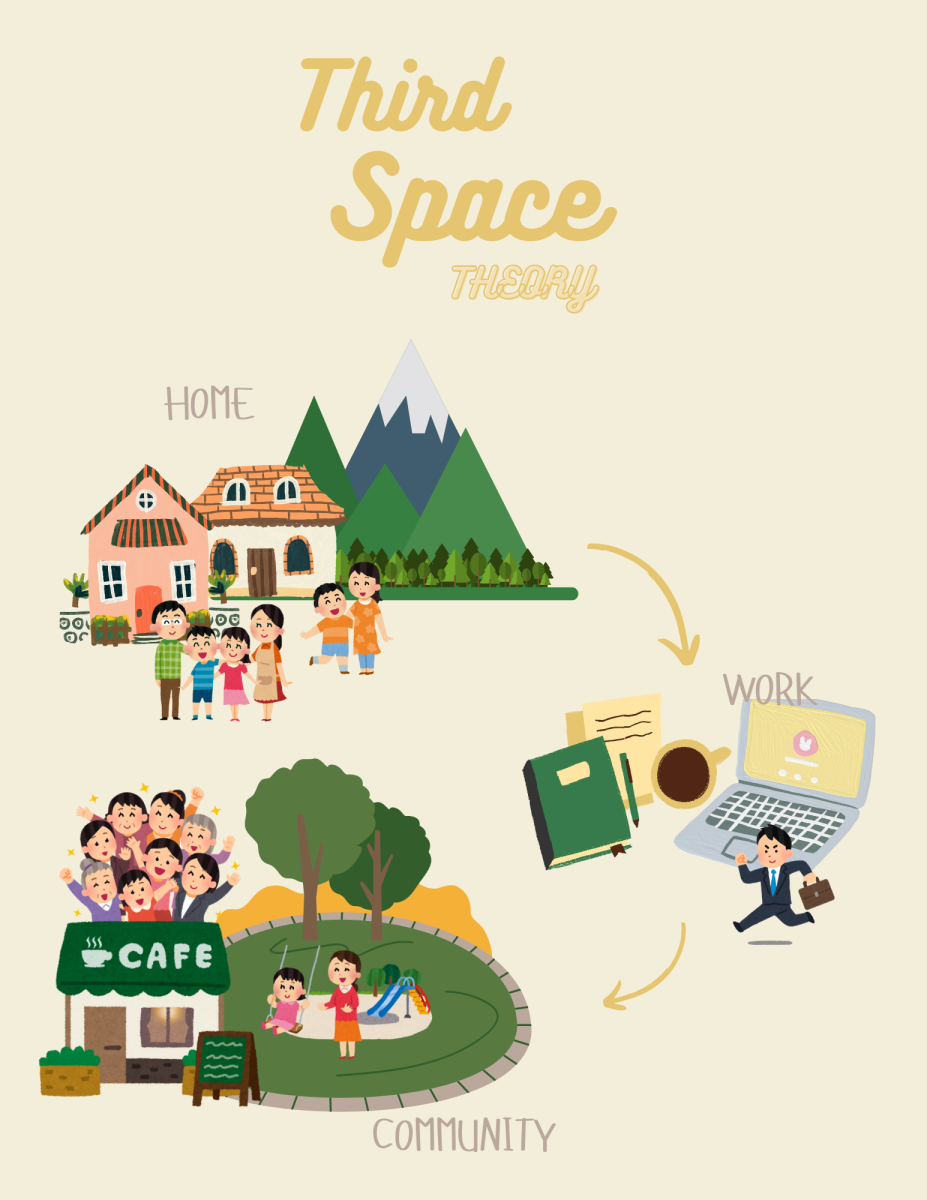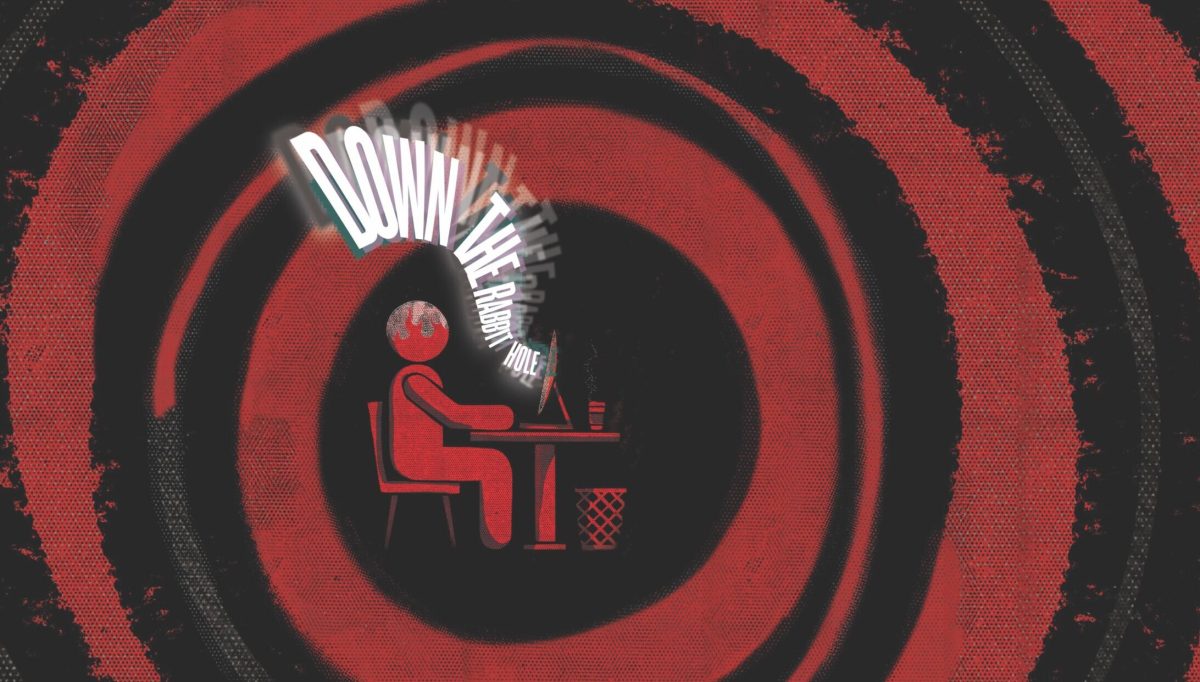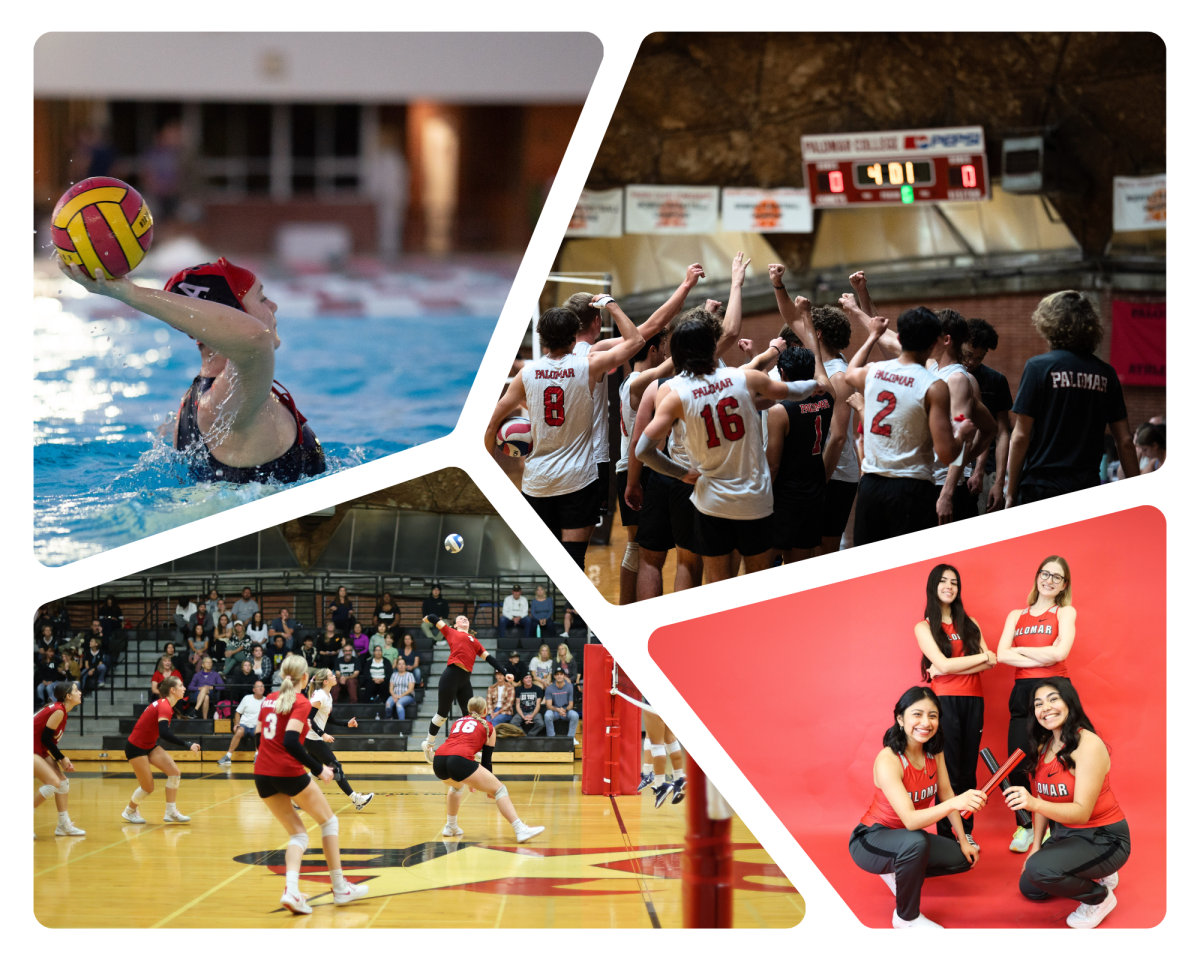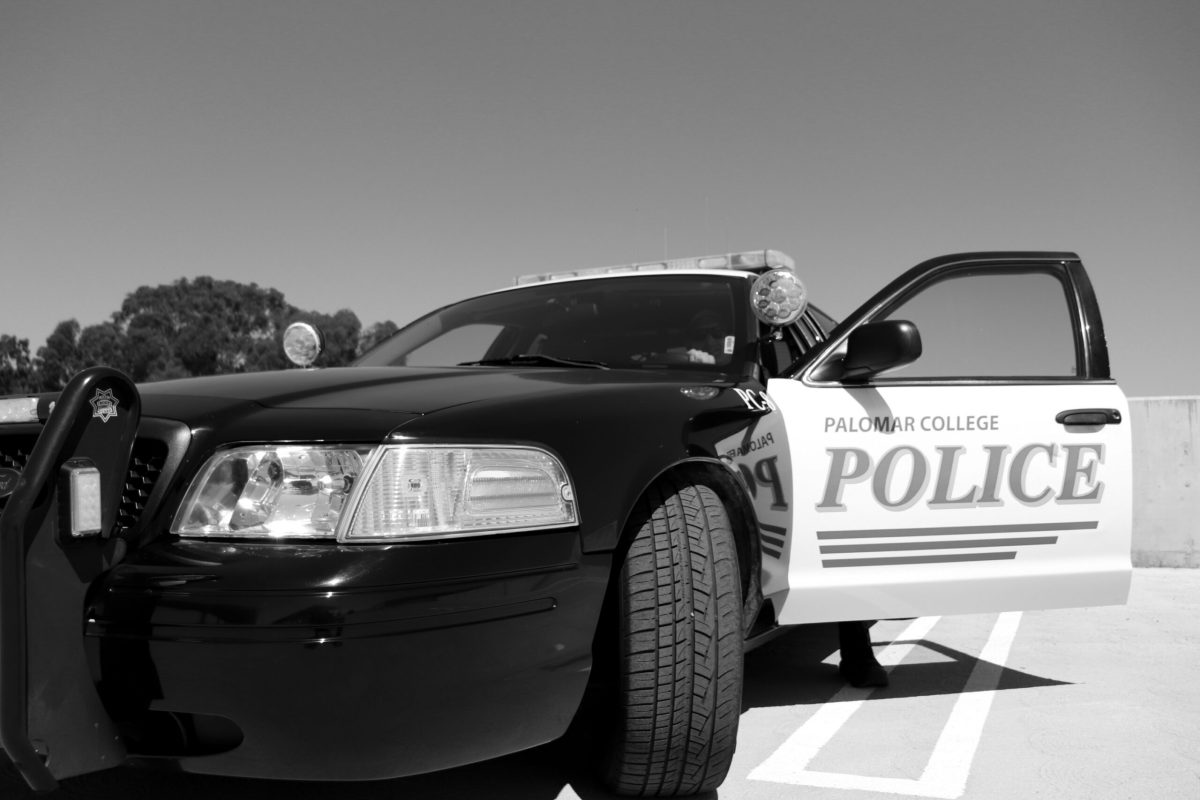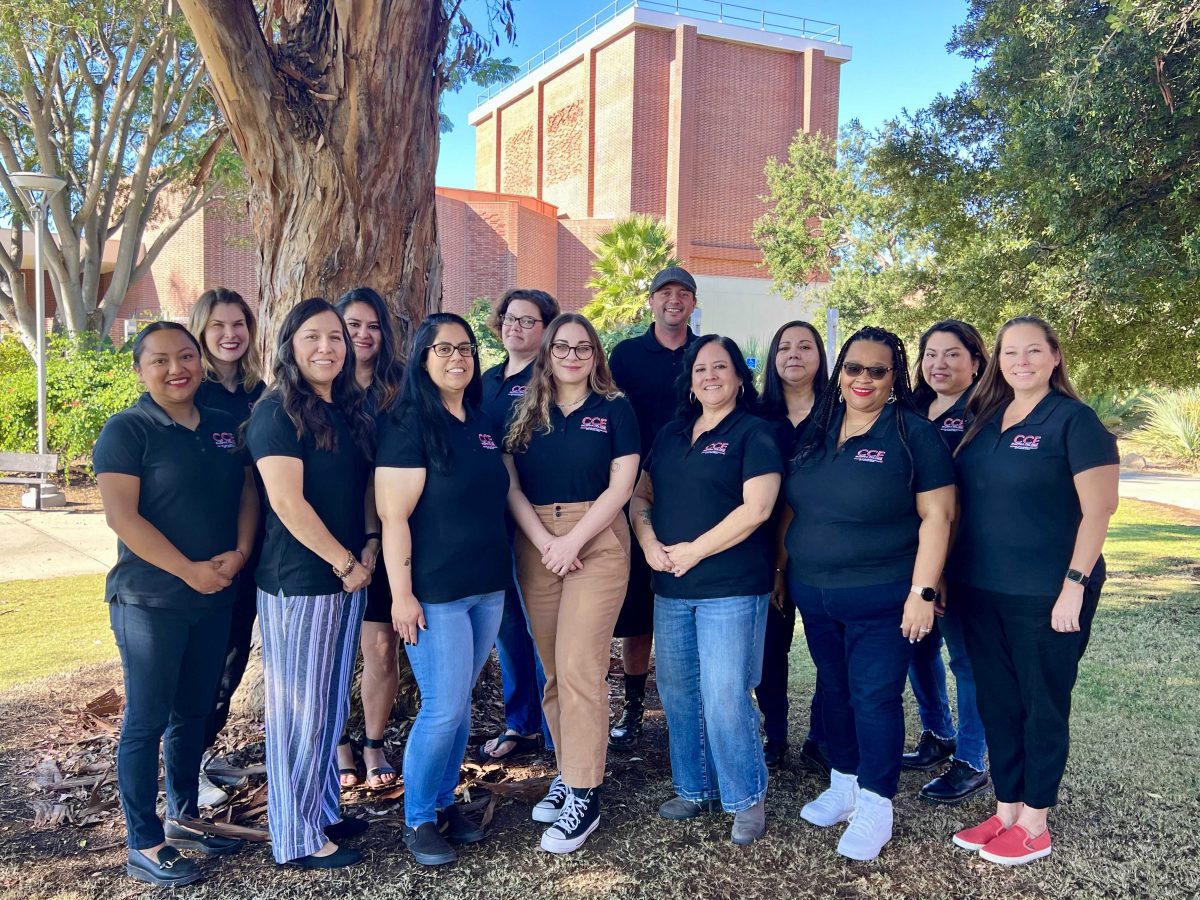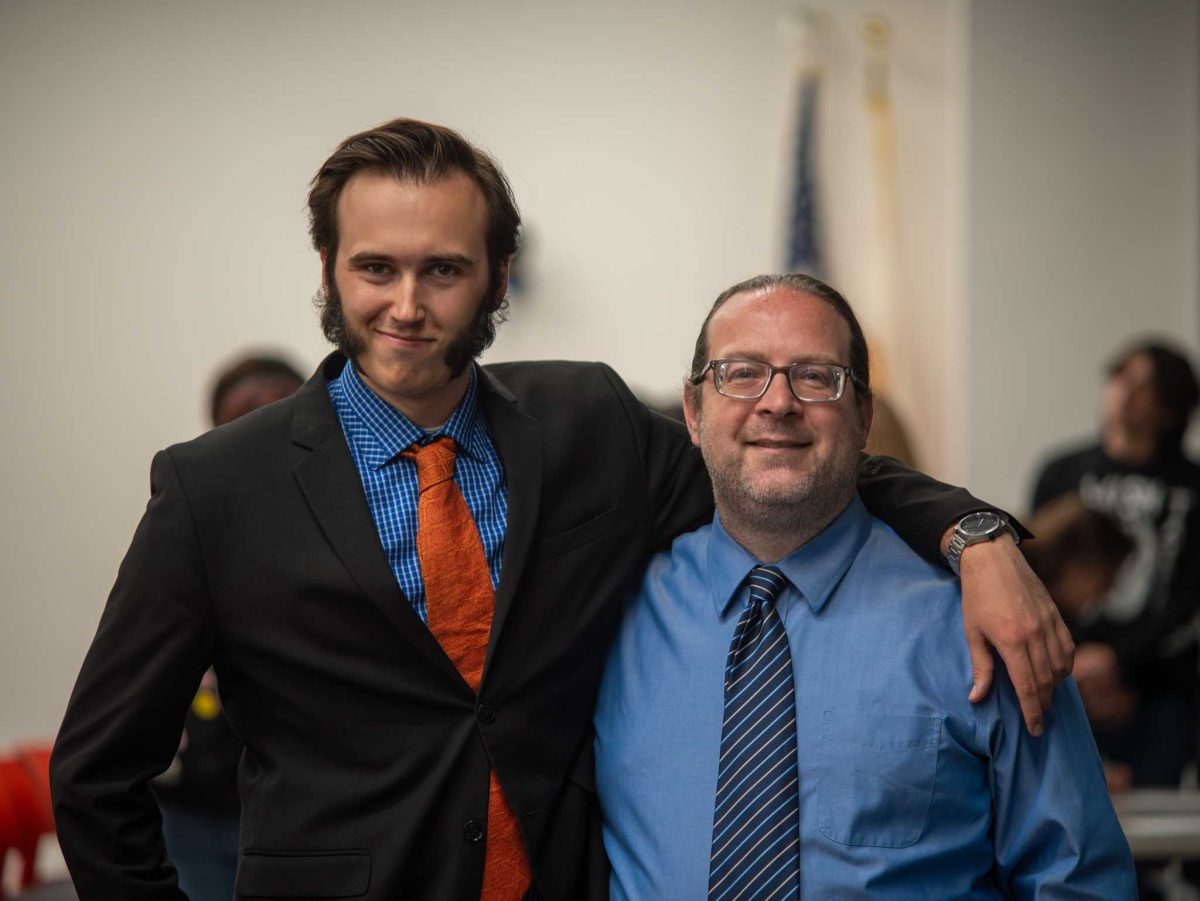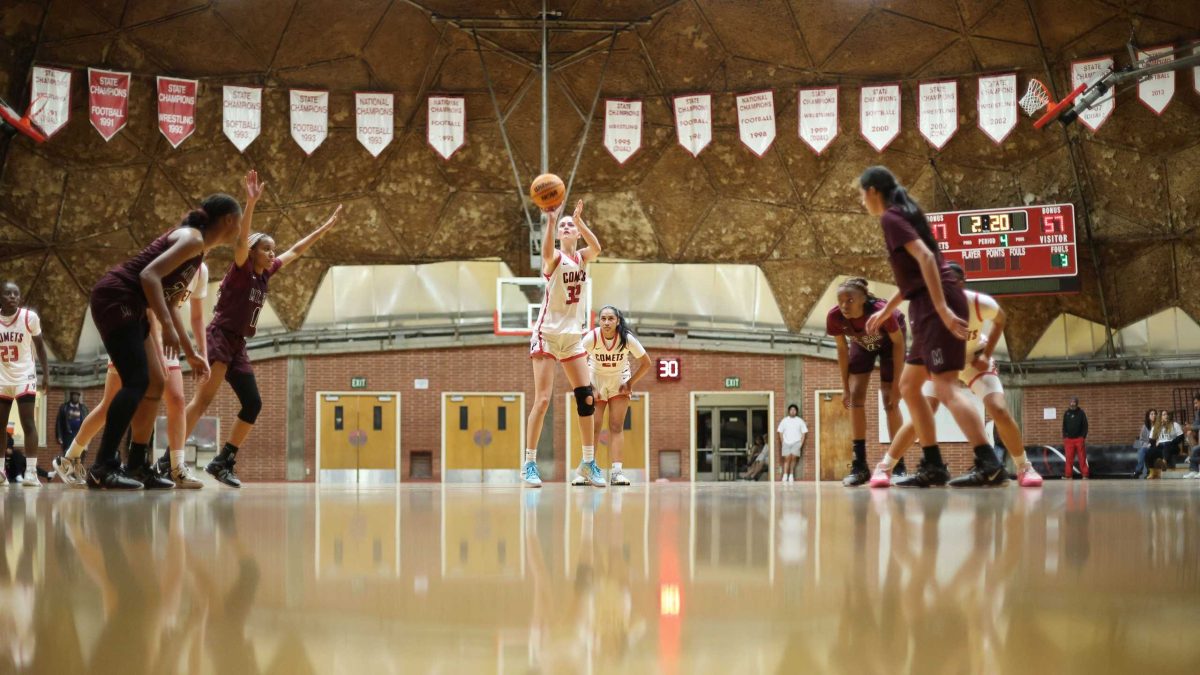SAN MARCOS — Palomar’s Nursing Education Department has achieved an overall first time pass rate of 97% on their National Council Licensure Examination for Registered Nurses (NCLEX) exam.
The Nursing program achieved the incredibly high first pass rates on the NCLEX exam in recent years, with the last three quarters even having a 100% first time pass rate. Even with changes being made to the NCLEX exam, where most schools would see a drop in first time pass rates, Palomar hasn’t faltered.
All nursing students who plan on going into the field are required to pass their NCLEX exam in order to become a registered nurse. And the faculty at Palomar’s Nursing Education Department are committed to preparing their students for not only this exam, but for the world of nursing.
The department chair of Nursing Education, Julie Van Houten, an alum of Palomar’s Nursing program, and brings a plethora of experience to her students. “Most nursing departments have a director, and a chair, and somebody to teach first semester. And I do all three of them,” Van Houten said.
“The NCLEX exam is a different exam than they’re [nursing students] used to taking, it’s all like practical, ‘What would you do? How would you handle this situation?’,” Van Houten said when describing the NCLEX exam.
With the ever changing landscape of the health and medicine industry, the NCLEX is also ever changing. Graduating nursing students have to demonstrate their knowledge on patient care in every type of scenario. So rather than just demonstrating knowledge from a textbook, nursing students have to be able to put their knowledge to use in practical settings.
“There’s these new generation type of NCLEX style of questions, so they have these different type of questions. They’ll have one scenario and be asked like five questions on it,” said Van Houten.
The Nursing Education Department doesn’t want to just teach students various health facts. It wants students to leave the program with a complete understanding of what it means to be a nurse.
“To think like a nurse is to take the totality of the situation and process that like a nurse does. We have a very specific process, called the ‘nursing process’ that defines us a profession. No other profession has a ‘nursing process’ where we’re going to assess, we’re going to plan, we’re going to implement, we’re going to evaluate. So to think like a nurse is to do all of that at once,” said Maryellen Ross, Assistant Chair of the Nursing Education Department.
Students also have to learn how to empathize with patients and patients’ families when working as a nurse. Not only do they have to think as a nurse in a clinical sense, but in a human-to-human sense as well. Every decision has to be made with so much thought and consideration in order to provide the best care to patients. And every student has to demonstrate these skills on the NCLEX.
“Once they leave here, they’re a graduate. They graduate and they pass their NCLEX, then they’re an RN… They get out and they’re an excellent bed side nurse, they’re really good. They’re miles above a bachelor’s student,” said Van Houten.


